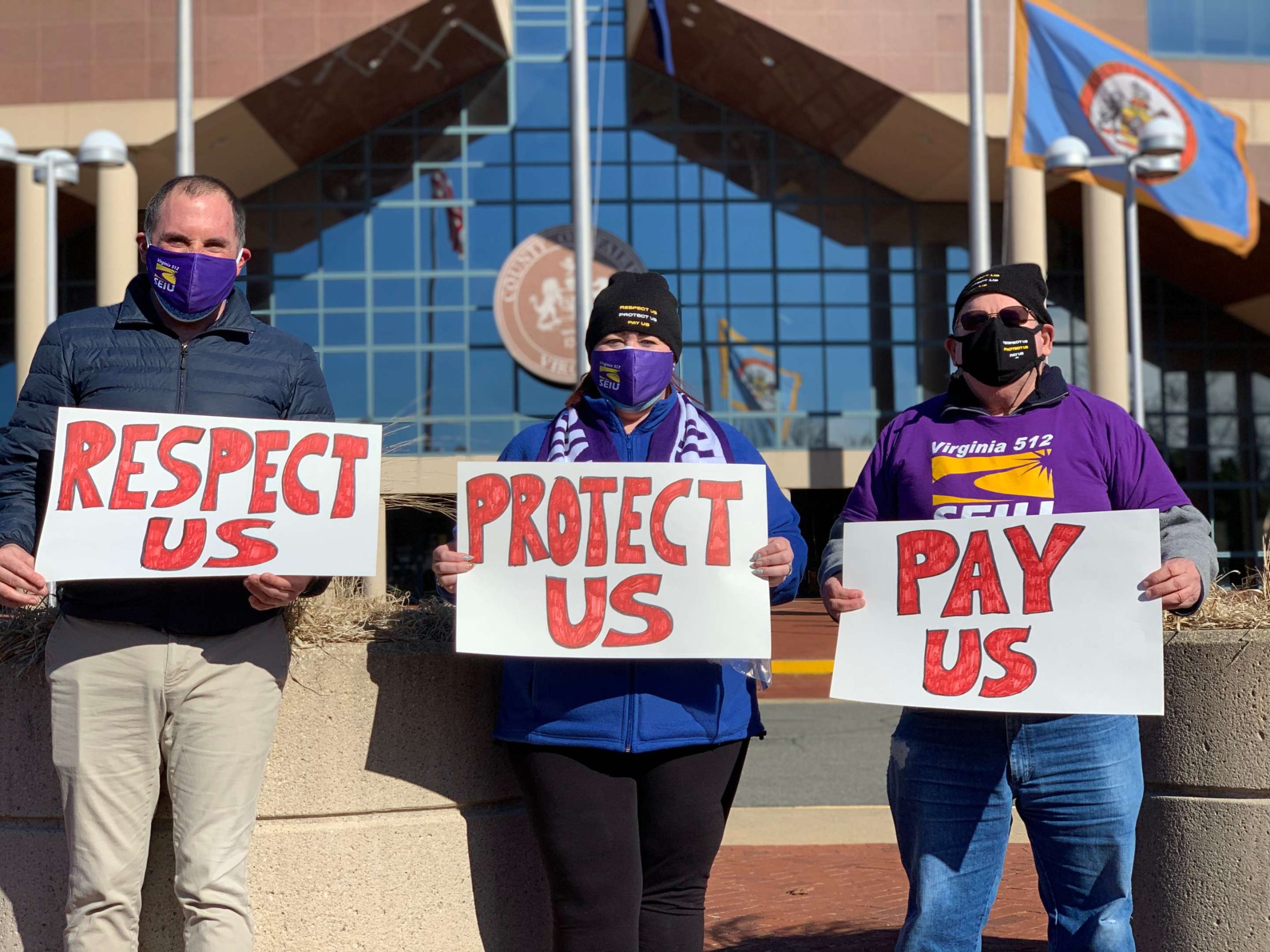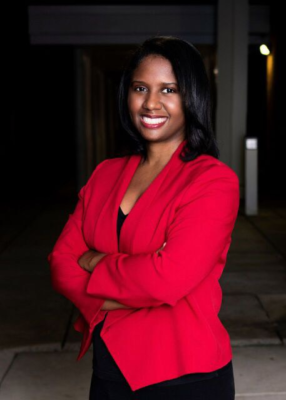Where can public sector employees collectively bargain in Virginia?
Local public sector collective bargaining is slowly gathering steam across Virginia, with a majority of the most populous localities looking into developing agreements and in many cases signing off on proposals.
Richmond City Council voted Monday for an ordinance to allow collective bargaining with most city employees in what is only the latest success for labor advocates in a wave of local organizing and resolutions allowing for such agreements.
The ordinance — which creates bargaining units for police, fire and emergency personnel, as well as municipal labor and trade workers, professional workers, and administrative and technical staff — was finalized last week after months of negotiations between the council, Mayor Levar Stoney and pro-union municipal employees.
Collective bargaining agreements, or CBAs, allow workers to negotiate as a group on wage contracts, hours and benefits.
Similar resolutions and movements have been taking place all over the commonwealth over the past year in the wake of a 2020 law granting local governments and school boards authority to allow collective bargaining.
According to an analysis done by the Virginia Mercury, 16 localities where municipal workers have organized to pass CBA ordinances. Seven efforts have been successful, one request has been rejected and another eight either have campaigns advocating for CBAs or elected officials working on drafting them.
These localities collectively represent almost half of the state’s population, including dense areas like Fairfax, Loudoun and Arlington counties and the cities of Virginia Beach and Richmond. The city of Alexandria was the first mover, passing an ordinance allowing public sector collective bargaining that took effect in May 2021.
David Broder, president of the Service Employees International Union Virginia 512 chapter, said he believes union membership will improve quality of life for local public employees in Virginia.
“My mom was a union teacher,” Broder said. “Her contract meant that when I was growing up, my brother and I had food on the table. We could go see a doctor and we never had to choose between the two. So you know, the ability of public sector workers to bargain for a better future was vital to my family’s economic stability.”
Mel Borja of the Commonwealth Institute, a progressive think tank that researches and supports CBAs, argued that bargaining power is essential to closing the pay gap between private and public sector employees in the state. According to Borja, private sector employees earned 29% more than public sector employees with similar qualifications before the introduction of the law.
A 2018 study published in ILR Review found that in states that allow some amount of public sector bargaining, public sector wages increase between 5 and 8%.
Borja said unions’ standardized pay rates are particularly beneficial to women, since they make up the majority of local government workers in Virginia, as well as Black and Latino workers, who are more broadly disadvantaged in the labor market.
Virginia’s 2020 law allows local governments to enter into CBAs with most local public sector employees, and workers from firefighters to school bus drivers to transit workers have organized in support of bargaining since it went into effect. The law continues to exclude state-level employees, higher education workers and state-paid contractors like home care workers.
After a CBA is accepted, workers must demonstrate that a certain percentage, typically 30%, support the proposal. After that threshold is reached, an up-or-down vote is taken on whether to form a union. If workers support forming a union, then union leaders begin the contract negotiation process with employers, which can take months.
“I don’t think people appreciate how much work it takes for frontline workers just to be able to sit down at the bargaining table,” Broder said.
Teachers and school staff are also allowed to enter into a CBA once one is accepted by the school board. Separate from efforts by municipal workers, the Mercury found 11 cases of educators pushing school divisions to adopt a CBA, with those school districts making up about 42% of the state resident population. So far, agreements have been accepted in Richmond and Arlington.
At the time of the 2020 law’s passage, the Virginia Education Association’s then-President Jim Livingston called it “literally a game changer.” Broder called it “the most significant labor law reform … in modern Virginia history.”
Before the passage of the law, Virginia had a record of hostility toward public sector organizing. In 1946, after a group of Black employees at the University of Virginia organized into the Local 550 union, the General Assembly passed a joint resolution to prohibit state offices from recognizing public sector unions. In 1977, the Virginia Supreme Court banned public sector collective bargaining, and a 1993 law codified the ban. Over the past two years, labor activism has increased nationally.
In Virginia, Broder said he has received calls from workers in most localities asking about how to push for a CBA, indicating that interest may be even greater than the Mercury’s review of publicly available information can track.
“I have never seen so many working people stand up and demand a better future than I am right now,” Broder said. “I’ve never seen more worker activity in my entire life.”
The law faced some opposition among state lawmakers, with multiple bills being advanced in 2022 by Del. Kathy Byron, R-Bedford, and Del. Nick Freitas, R-Culpeper, that sought to curtail or roll back the legalization of collective bargaining. Those proposals ultimately failed.
Further legislative proposals are likely.
Broder argued the General Assembly should expand collective bargaining rights to all public sector workers and set standards every locality must meet rather than having a “patchwork” opt-in system.
Del. Elizabeth Guzman, D-Prince William, the House patron of the legislation and a second-generation union member, said she intends to introduce a bill that would provide localities with a framework for setting the terms of their CBAs.
“I strongly believe that by giving employees a voice at the table during the decision-making process, we can run effective operations in local state governments as well as in schools,” she said.
(Editor’s Note: Virginia Mercury is part of States Newsroom, a network of news bureaus supported by grants and a coalition of donors as a 501c(3) public charity. Virginia Mercury maintains editorial independence. Contact Editor Sarah Vogelsong for questions: info@virginiamercury.com. Follow Virginia Mercury on Facebook and Twitter.)


